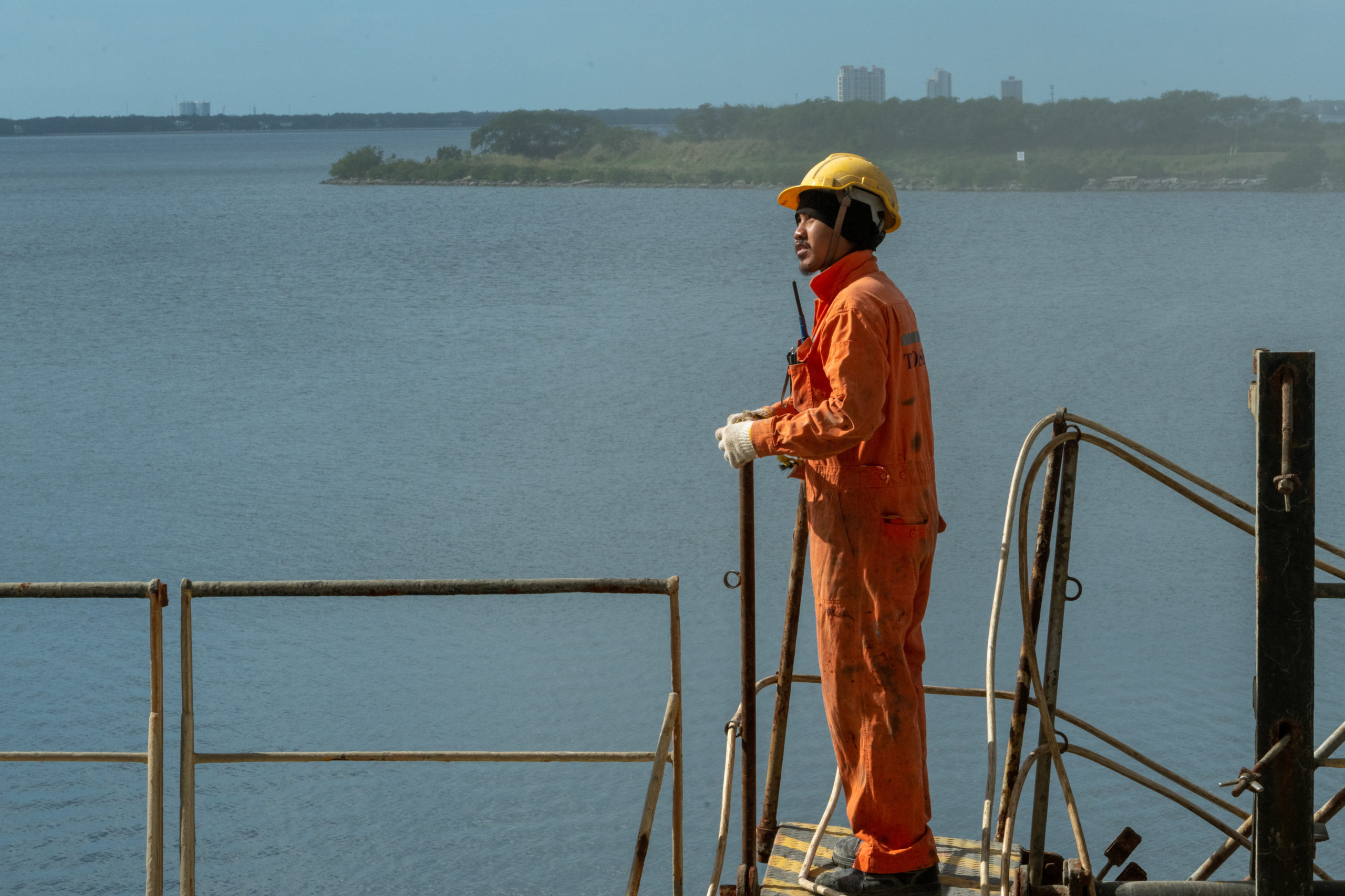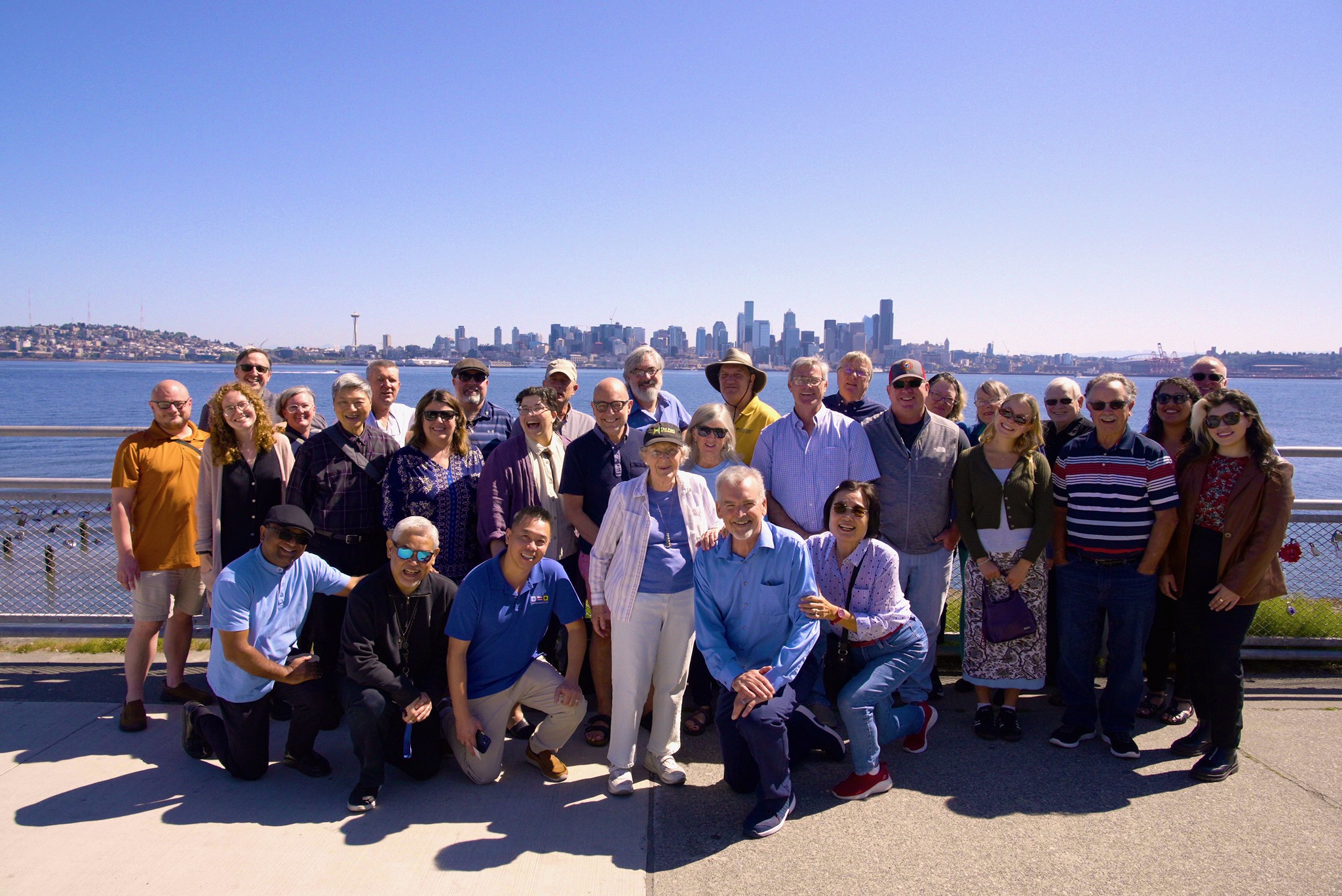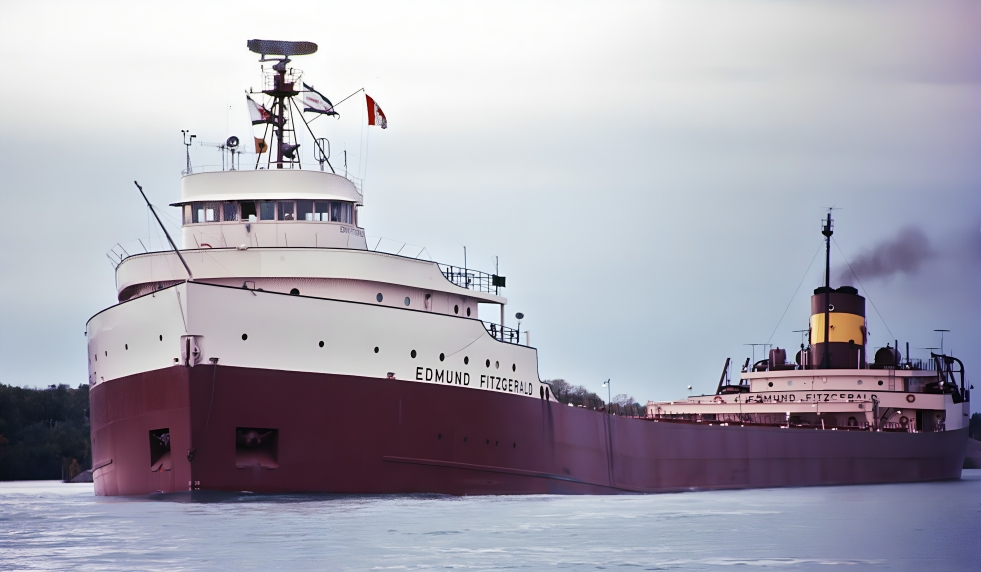by Susan Huppert, The MARE Report
Providing tools to seafarers for Internet access in ports is overdue. While at sea it is critical.
Skirting the border of North America are port cities where global markets move. Within many of these ports, seafarers’ ministries actively care for the workers transporting goods globally. Seafarers are essential in the movement of more than 90% percent of goods for many countries of the world. The juice we drink, the vehicles we drive, and the computers we use daily represent only a fraction of our dependence on this international labor force.
The North America Maritime Ministry Association supports these seafarer ministries through training, networking, and ministry development. NAMMA seeks best practices to serve this marginalized workforce. The association recently surveyed 38 ports in the United States, Canada and Puerto Rico to understand the status of a highly important need: Internet access for seafarers.
Two areas of concern found in the survey results are Internet while in port and while at sea.
Internet access while at sea is varied. Currently, shipping companies are not required to provide free Internet access to seafarers while at sea. There is a vast range in the provision of Internet on board. Though the situation is improving, most seafarers still do not have regular access to an Internet connection fast enough to make a video call home to their family.
While in port, those serving crews are juxtaposed with the priority of ship owners and ports seeking the most efficient turn-around time for their vessels. It is not always possible to find easy access ashore to find a faster Internet connection, when turn-around times are so tight.
The NAMMA survey confirmed free internet Wi-Fi was available to seafarers in all of the 38 centers that responded. But, since the beginning of the COVID-19 pandemic, shore leave has been a privilege well-guarded by fear of exposure to the virus, leaving very few seafarers able to visit the centers where free WiFi exists.
Welfare advocates troubleshoot ways to improve internet access for this increasingly isolated workforce. Existing options lack effectiveness at times.
One attempt by seafarers’ missions is to place Internet Hotspots, or MiFi units on ships for seafarers while in port. Yet, this is not always straightforward.
Delivery and retrieval of modems can be challenging. Ship schedules change on very short notice. Time is tight for ships in port, as customs, port inspectors, and loading operations must take priority. Ship visitors often have to wait before boarding. Trying to ensure drop-off and pick-up of 10 mobile Internet units between the 154 terminals in Port Houston, Texas, for example, takes a significant coordinated effort every day.
In the NAMMA survey, fifteen of the respondents do not place mobile Internet units on ships, focusing their attention on the Internet available at their centers. Some ministries cite low-quality bandwidth of these mobile units as a deterrent. Rooms within ships act as a “Faraday cage“, rendering mobile cellular signals weak. Canadian missions note that mobile Wi-Fi units are significantly more expensive than those in the United States. Most Centers in the United States have access to the low-cost MobileBeacon program, which provides unlimited data per month, for a reasonable cost.
Some ships do not welcome the WiFi hotspots. Tampa Port Ministries places 16 WiFi hotspots to grateful crews on cargo ships. However, the units are not welcome on some cruise ships. Two of the three cruise companies docking in Tampa do not allow placement of Wi-Fi units. For crew from those ships, Tampa Port Ministry provides free Internet at their seafarers’ room on the Victory Ship Museum.
Work to overcome barriers and challenges to Internet provision continues throughout the NAMMA network.
Mission directors and chaplains maintain open dialogue, nurturing relationships with port and industry partners. They anticipate a deeper awareness for seafarers who continually adjust to global bottlenecks, piracy and pandemic pressures, not without a personal cost.
They need to call home.
Image: David Rider/NAMMA Flickr





